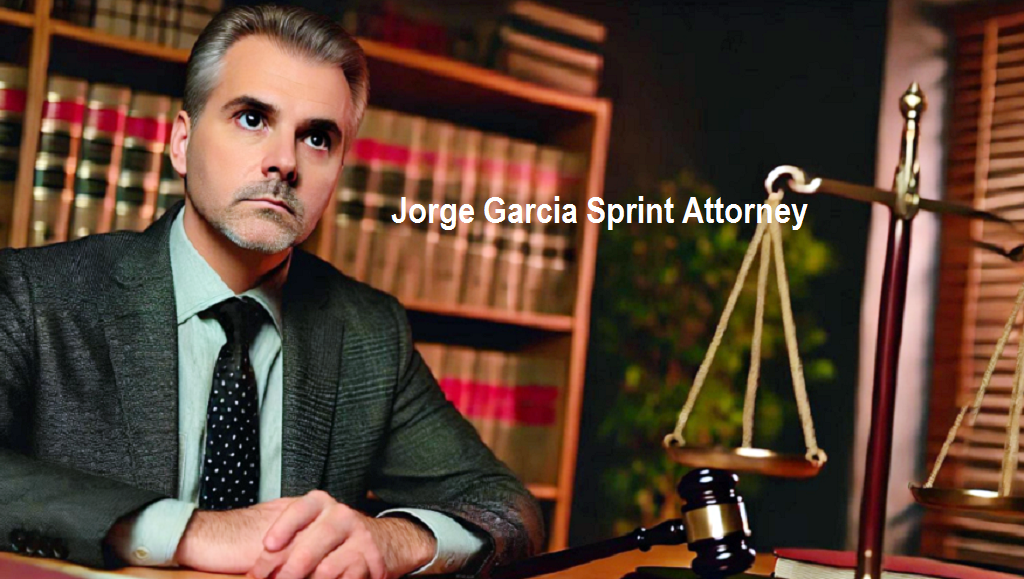A new development has emerged in the ongoing legal dispute between Mike Lindell and Dominion Voting Systems. Now, the focus is on the deposition of Dominion’s founder. This well-known case has sparked discussions in the public, legal, and political domains. This case is mainly meant to settle claims over defamation and to bring perpetrators of wrong information distribution to account.
Dominion Voting Systems accuses Lindell of causing the company’s reputation and bottom line to suffer because of his baseless claims of election fraud. In this information age, where misinformation is rampant, this case further emphasizes a more significant battle of truth that surpasses the war between two different sides. The deposition itself has become one of the greatest moments since it provides crucial information about the case. It is one of the most closely watched litigation cases in recent times, and the outcome may set a precedent for defamation trials in the future.
Why the Dominion Lawsuit Matters
Dominion Voting Systems has sued multiple people. Perhaps one of the most familiar is MyPillow’s CEO, Mike Lindell, who made much publicity for spreading rumors about election fraud in most states nationwide. Dominion’s actions are to disprove these baseless claims and defend their reputation.
This case highlights the importance of holding people accountable for spreading false information. Dominion has argued that the false claims have had negative consequences, including financial losses and risks to their employees. Beyond the purely legal effects, this case raises huge issues concerning what limits free speech has. So long as the internet propagates information and misinformation can travel pretty fast, there might be impacts on how one deals with defamation.
Mike Lindell’s Allegations
Mike Lindell is one of the most vocal supporters of the notion that elections were stolen. According to him, Dominion’s devices were used to change votes during the presidential election in 2020. The media has extensively reported on Lindell’s assertions, which have gained support from some political factions.
Experts and election officials have consistently debunked these allegations. Multiple audits and investigations have found no evidence of fraud involving Dominion machines. Despite this, Lindell remains firm in his beliefs. His legal team contends that laws about free speech protect his statements. Lindell has become a polarizing character as a result of his persistence in spreading these assertions. His defense strategy depends on presenting his statements as opinions rather than factual claims in order to sway the court’s ruling.
The Deposition of Dominion’s Founder
The deposition of Dominion’s founder marks a critical juncture in the lawsuit. Legal experts consider this testimony a turning point that could influence the case’s trajectory. During the deposition, the founder provided detailed insights into the company’s operations and security protocols.
He explained how Dominion’s voting machines are designed to ensure election integrity. These explanations aim to counteract the claims of fraud. The deposition also shed light on the impact of Lindell’s statements. Dominion’s founder described the reputational damage and financial losses the company has suffered. He emphasized how the spread of misinformation has led to threats against employees and loss of business contracts. This testimony not only provides factual clarity but also humanizes the stakes involved.
Key Moments from the Deposition
Several moments from the deposition stand out. One key point was the founder’s detailed explanation of Dominion’s security measures. He described how their systems undergo rigorous testing and certification. This information directly counters the narrative of flawed or compromised machines.
Another notable moment was the founder’s emotional recounting of the personal toll caused by the allegations. He discussed the threats faced by Dominion employees and the hostile environment created by misinformation, highlighting the broader consequences of false claims. The deposition also addressed how Lindell’s public platform amplified these allegations, further deepening the damage to Dominion’s reputation.
Lindell’s Response to the Deposition
Mike Lindell has doubled down on his claims despite the deposition. He continues to assert that Dominion’s machines were involved in election fraud. Lindell’s legal team maintains that the lawsuit is an attempt to silence him. They argue that his statements are protected under the First Amendment.
Lindell also uses the lawsuit to energize his supporters. He frequently references the case during public appearances and media interviews. This strategy has kept his base engaged, though it adds more tension to the ongoing legal battle. His defiance has made him a polarizing figure, drawing both support and criticism from different quarters.
Legal and Public Reactions
Legal experts have offered differing views on the case. Some believe Dominion’s evidence strongly supports their claims of defamation. They argue that the damage caused by Lindell’s allegations is clear and measurable. Others point out that Lindell’s free speech defense could complicate the case. The balance between free speech and accountability remains a contentious issue.
Public opinion is equally divided. Some see the lawsuit as necessary to combat misinformation and protect democratic processes. Others consider it an infringement on free speech. This mentality mirrors, to a greater degree, the growing polarization in society, with opinions increasingly shaped by political beliefs. The reactions from the public indeed enhance the value of this case in today’s political climate.
What’s at Stake for Dominion and Lindell
Both parties are at great risk in this dispute. For Dominion, this case has the potential to redeem its reputation. On the other hand, the firm is looking at financial compensation for what it lost. A win can further solidify the significance of truth and accountability to public discourse.
For Lindell, the lawsuit is about more than legal consequences. It’s a battle for his credibility and influence. Lindell’s reputation as a businessman and political figure is on the line. A loss could result in significant financial and reputational harm. The outcome will also influence his ability to continue promoting his claims.
Possible Outcomes and Implications
There could be several outcomes in this scenario. One possibility is a settlement, but considering the enormous stakes, this seems impossible. If the matter goes to trial, a historic ruling might be rendered. In the context of public and political debate, such a decision would establish a precedent for the treatment of defamation cases.
Beyond the parties directly involved, there are ramifications. The case emphasizes how harmful false information is in the current media environment and how difficult it is to strike a balance between the demands of accountability and free expression. Regardless of its conclusion, this case will have a long-lasting effect on future approaches to defamation.
Conclusion: A Case That Defines the Times
The deposition of Dominion’s founder is a pivotal moment in the lawsuit against Mike Lindell. It reveals critical details about the company’s operations and the impact of misinformation. This lawsuit involves more than monetary losses or damage to one’s reputation. The integrity of democratic procedures, honesty, and accountability are at stake in this battle.
This case raises significant concerns about the function of free speech in a divided society and draws attention to the negative effects of disseminating untrue statements. The decision will impact society and the legal system that extends well beyond the courtroom. This high-stakes judicial drama represents a turning point in the ongoing fight against false information.


